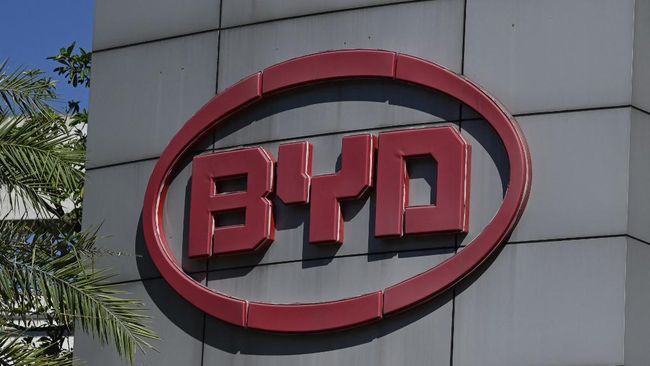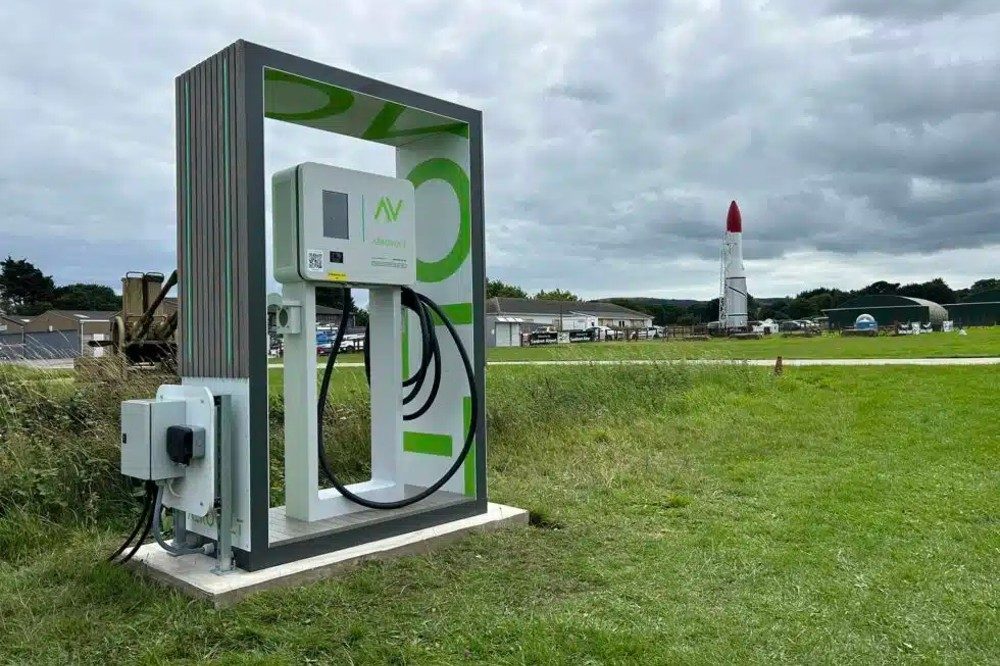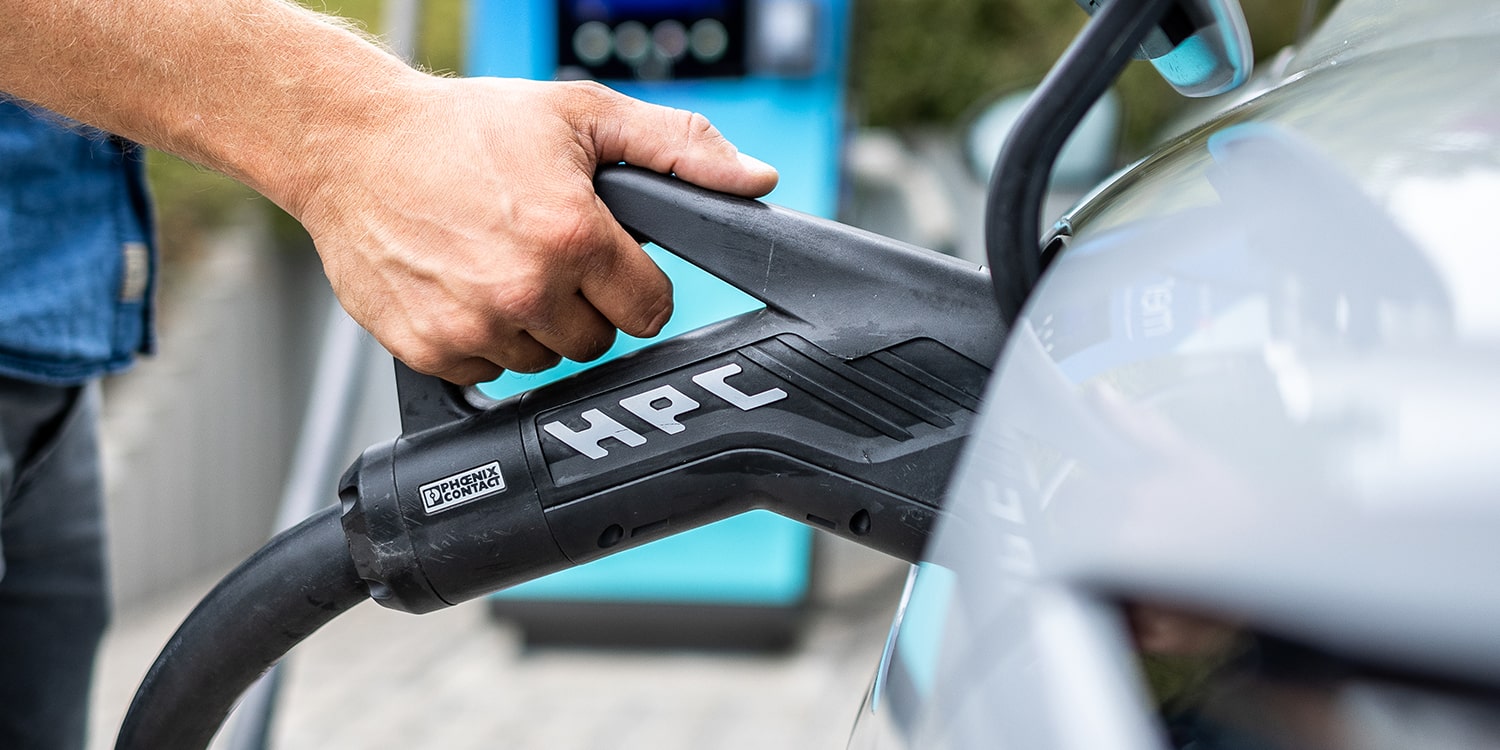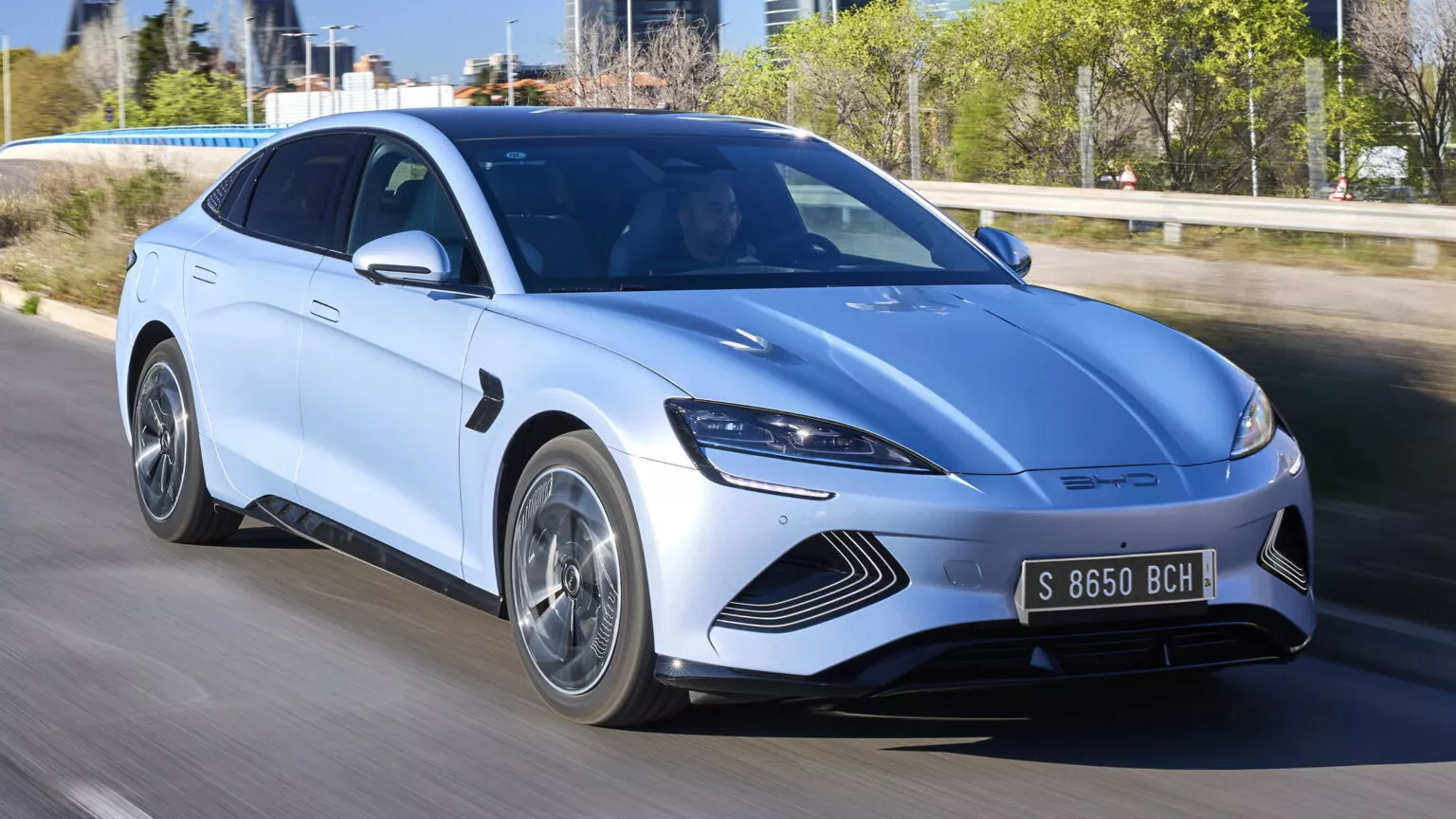BYD has forged a strategic partnership with Brazilian energy company Shell’s Raízen Power to develop an extensive charging network in Brazil. The collaboration, announced on February 2, aims to construct BYD-Shell EV charging hubs in eight major Brazilian cities over the next three years, including São Paulo, Rio de Janeiro, Belo Horizonte, Brasília, Curitiba, Florianópolis, Salvador, and Belém.
BYD and Raízen Power plan to deploy 600 new DC charging piles across these cities, contributing an additional 18 megawatts of installed capacity to Brazil’s charging infrastructure. In an effort to incentivize usage, BYD owners in Brazil will reportedly receive exclusive benefits, accessing BYD-Shell EV charging centers at a more favorable price.
Stella Li, President of BYD in the Americas, emphasized the significance of building a robust and widespread charging infrastructure as a crucial element in driving the growth of clean energy transportation.
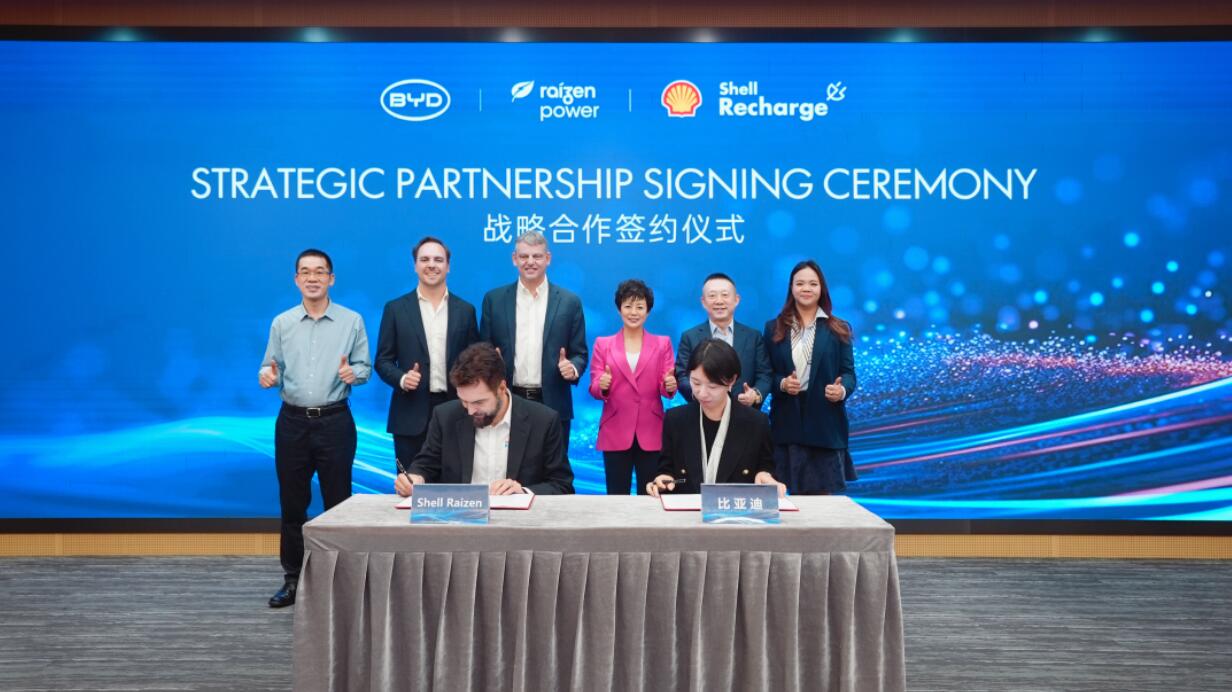
This initiative follows a global strategic cooperation agreement signed by BYD and Shell on March 23, 2022, with the aim of enhancing the charging experience for BYD’s pure electric vehicle (BEV) and plug-in hybrid electric vehicle (PHEV) customers. The partnership initially commenced in China and Europe before expanding globally, as outlined in a March 2022 press release.
Notably, BYD and Shell’s previous collaboration resulted in the completion of a large EV charging station in Shenzhen, China, in September 2023, featuring 258 fast-charging piles – touted as the world’s largest.
With Brazil identified as a key market for BYD, the Chinese automaker currently offers six models in the country, including Tang EV, Han EV, Yuan Plus EV, Song Plus DM-i, Dolphin, and Seal. In a significant investment move, BYD announced plans in July 2023 to establish a comprehensive manufacturing base complex in Brazil, comprising three factories with a total investment of 3 billion reais ($600 million). The complex includes a production plant focusing on electric bus and truck chassis, a new energy passenger car production plant, and a processing plant specializing in lithium iron phosphate (LFP) battery materials.

